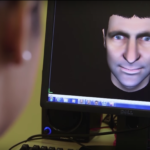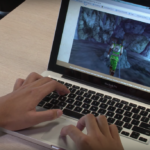
Michelle Eskinazi and Clara Belessiotis write their debut elf blog on a recent meta-analysis of smartphone‐based mental health interventions for depression, which concludes that there is a possibly promising role for apps in the prevention and treatment of sub-clinical, mild and moderate depressive symptoms.
[read the full story...]








